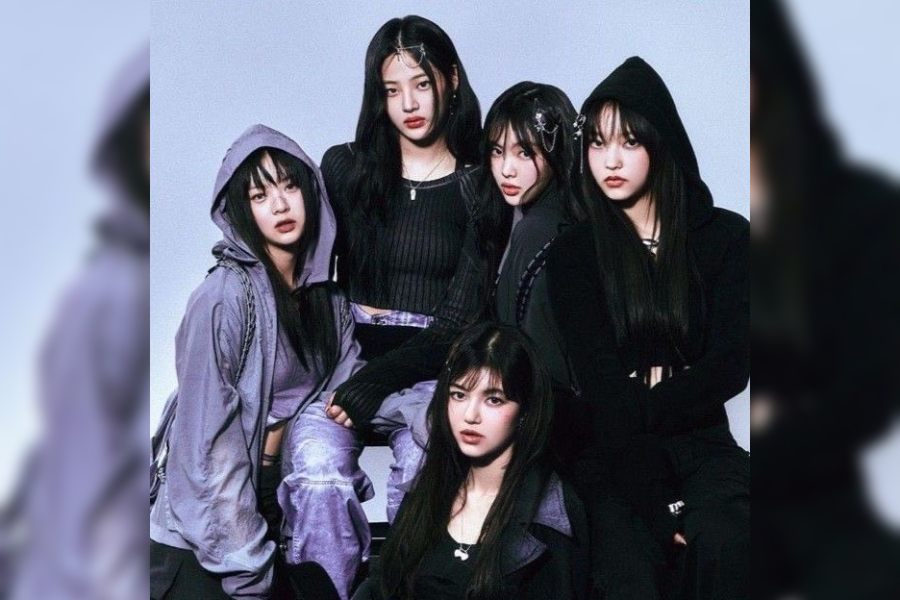NewJeans, one of the biggest K-pop acts, has asked a federal court in California to order Google to release the identity of the person behind a YouTube account that the members say is spreading defamatory statements about them.
The group said that a YouTube user with the handle @Middle7 made the statements in dozens of videos that were viewed more than 13 million times, according to the court filing. The group’s lawyer, Eugene Kim, wrote that the account had also engaged in “name-calling or other mocking behavior” targeting NewJeans. The videos “continue to inflict significant reputational damage,” according to the filing.
The move, made March 27, is the latest example of K-pop stars responding to the pressures they face from the fervid online fan culture in South Korea. The request, if granted, would allow the group to sue the YouTube user in South Korea for defamation and insult, which are criminal offenses in the country.
“We regularly take legal action for violations of artists’ rights,” Ador, the management agency for NewJeans, said in a statement, confirming that it was pursuing a case against the videos.
Mun Hui Kim, a lawyer representing NewJeans in South Korea, declined to comment. Google did not respond to requests for comment. The YouTube account’s owner could not be reached.
NewJeans, which has five members, reached No. 1 on the Billboard 200 list last year with its second album, “Get Up,” as part of the newest generation of South Korean girl groups dominating K-pop.
South Korean stars have long been exposed to floods of hateful comments and cyberbullying regarding their looks, singing skills and their private lives. Their managers have in turn zealously guarded the stars’ reputations, often using defamation suits that lead investigators to identify and arrest those social media users in South Korea.
But hateful and defamatory statements have been difficult to patrol on social media platforms operated outside South Korea, according to Kyongsok Chong, a South Korean lawyer who successfully obtained information about another YouTube account through the same court, the U.S. District Court for the Northern District of California, last year.
South Korean authorities are better able to identify users on domestic platforms like Naver and Kakao, said Chong, who represents Starship Entertainment, the management agency for IVE, another K-pop group. Defamation cases about content posted on websites like YouTube, Instagram and X have stalled.
As a result, people have flocked to those platforms because they believe they can hide, Chong said.
“Most of the victims of defamation who have come to me for advice have because of YouTube,” he said in an interview, adding that the platform was a “blind spot” for authorities seeking to uproot users who defame stars while profiting from their videos.
Chong obtained information about an anonymous YouTube account that Starship Entertainment had accused of defamation, insult and business obstruction. In one example, the YouTuber appeared to use South Koreans’ negative perceptions of China to spread a rumor that Jang Won-young, a South Korean member of IVE, was Chinese, Chong said. Using that information, Chong won a civil suit against the YouTuber in South Korea.
The YouTuber, a woman who was not named by South Korean authorities, argued that the claims were truthful and made in the public interest, Chong said. But the woman was ordered to pay Jang, one of her main targets, damages of 100 million South Korean won (about $74,000) in a civil case. The YouTuber appealed, Chong said.
“The defamation and insulting resulted in mental distress,” he said.
In the NewJeans case, the members of the band filed a criminal complaint against the YouTuber with a police station in Seoul. But the case could not go forward because the YouTube account was anonymous, according to the filing.
Eugene Kim, the lawyer for NewJeans, wrote that he had asked Google, which operates YouTube, for information about the YouTube account. After he was unsuccessful, he filed the motion with the court in California under a federal statute that allows people to obtain documents needed in a foreign proceeding.
The New York Times News Service










